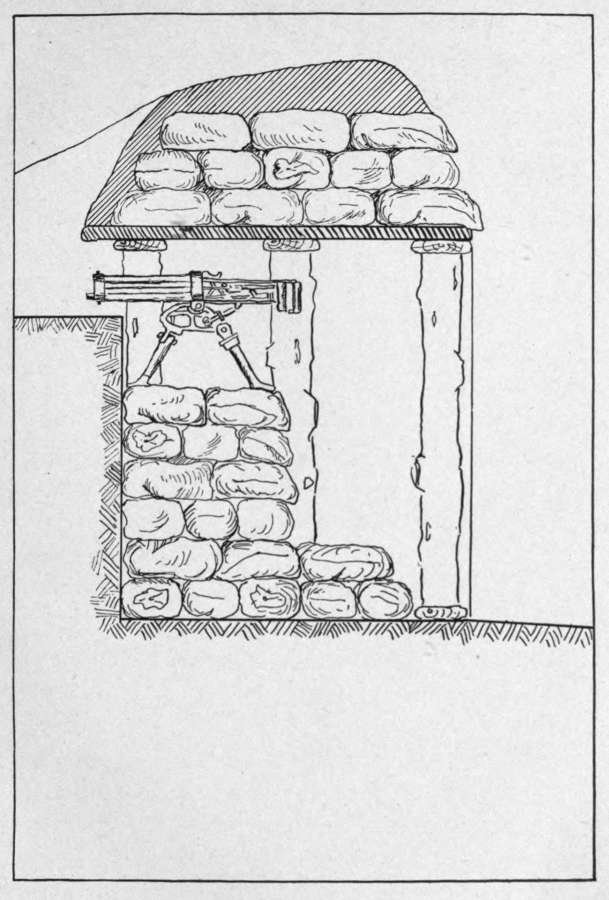Training for the Trenches (1917)
…Those who fell victim to loose women and contracted venereal diseases – and it is beyond doubt that most of the women who follow an army are diseased – had to be withdrawn from their positions and sent back to the bases to hospitals. Every man, therefore, who violated Lord Kitchener’s advice, was playing into the hands of the enemy to this extent that he was taking the risk of contracting a disease which would rob the army of his services. My own Colonel used not to mince words on this subject but used to say that such men might just as well go over to the enemy, at once. But with every kind of pleading and threat on the part of the officers, it was found that there were men who disregarded their advice. A soldier’s pay automatically stops under these circumstances, and at first it was the custom to acquaint his family with the fact that he had been sent to such and such a hospital, and the people of England soon got to know the purpose of these hospitals, and many a home suffered shame from the indiscretions of the men who represented them in France. When the Australian troops were quartered near Cairo – than which there are few more immoral cities in the world – venereal cases were frequent, in spite of the admonitions of the combatant officers and of the medical staff. What was to be done? Every effort was made to restrain the men and keep them out of the notorious red light district, but case after case of the disease turned up. Eventually some of the medical men hit upon the scheme of establishing at the entrance to the various camps, tents to which men could go on their return from the city. In those tents there was a representative of the Army Medical Corps equipped with all the latest appliances in the form of prophylactics, and these were administered without charge and without question, even as to name, to all who sought this method of protecting themselves after acts of indiscretion. The result was very gratifying form the medical standpoint, for the number of those who contracted the disease rapidly declined and the efficiency of the army was maintained at a correspondingly high standard. Of course a protest was immediately entered by those who were particularly interested in the morals of the men, and the charge was made that it was putting a premium on immorality. For my part, interested in both of these matters, I have come to the conclusion that the old methods have failed, and that I would rather have an army immoral and well than an army immoral and diseased.
Source and image: Captain Leslie Vickers, Lecturer in Trench Warfare, Training for the Trenches: A Practical Handbook, George H. Doran Company, NY, 1917, pp. 42-44.
